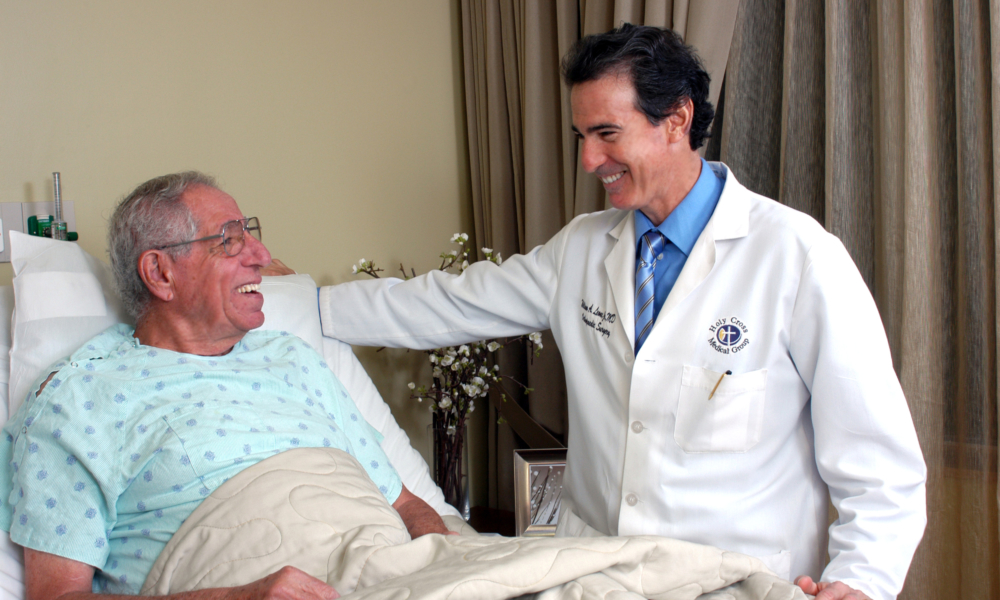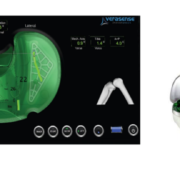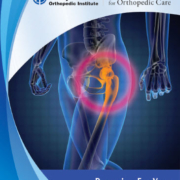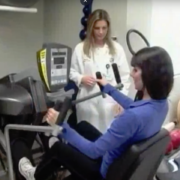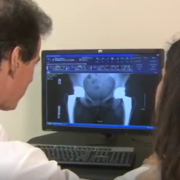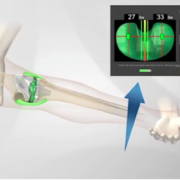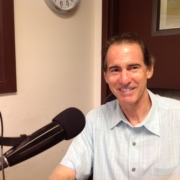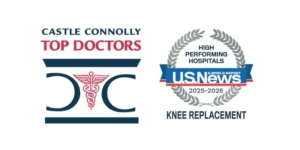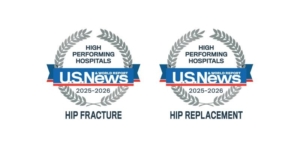How We Manage Your Pain After Surgery
How we manage pain after surgery? At the Leone Center for Orthopedic Care, Dr. Leone and his team are committed to giving you both the best result and the best experience. One of the major reasons our patients recover so much faster and return to full activities so much sooner than even several years ago is our comprehensive approach to preventing and preempting pain. Our goal is to “stay ahead of the pain curve”. This begins in the pre-operative holding area prior to your surgery ever starting.
Our experience has taught us that those patients who go into surgery prepared and in a relaxed and confident state not only get well faster, but also report a better overall experience and less pain.
At the Leone Center, we employ a multi-modal approach that includes everything from medicines given to prevent and down-modulate pain responses, as well as preempt potential post-operative complications such as nausea or vomiting before your surgery starts. Our protocol also includes the type of anesthesia you will be administered, injecting the tissues around the surgical reconstruction with a cocktail of medications prior to incision closure, then administering medicines other than just narcotics, given on a specific schedule once your surgery is complete.
Medications administered the morning prior to or during surgery include:
• Tylenol to lower your sensitivity to pain as well as decrease the amount of pain and a nonsteroidal anti-inflammatory (NSAID) medicine which works both locally and centrally.
• Neurontin which helps to decrease postoperative pain by affecting chemicals and nerves in your body that are involved in pain pathways.
• Medicines which decrease anxiety and make you drowsy.
• A long-acting narcotic to dull pain receptors before pain sets in, as well as medication to prevent nausea following surgery.
• An IV steroid just prior to the start of your surgery and postoperatively.
• After implanting the components, the tissues around the new joint are injected with a “cocktail” including a long-acting local anesthetic and an NSAID. This combination has greatly reduced post-operative pain and the need for narcotics, allowing most patients to get out of bed the day of surgery and walk.
• Tranexamic acid is given just prior to making the incision and postoperatively. This medication decreases intra- and post-operative blood loss.
• IV antibiotics are administered before and after surgery to lower the risk of infection.
Post-operative strategies reduce the need for narcotic medications:
• Ice compresses and/or cold wraps are an effective modality which both decreases pain and swelling.
• NSAIDs and Tylenol taken as directed, regularly on a schedule for the first 2-4 weeks can effectively manage pain.
Opioid Facts: (based on recommendations from the American Academy of Orthopedic Surgeons)
• The following medicines are considered opioids: codeine, hydrocodone (ie. Vicodin, Norco), oxycodone (ie. Percocet, Oxycontin), morphine, and hydromorphone (Dilaudid)
• Opioids can relieve pain but can be addictive and deadly.
• Opioids can cause nausea, vomiting, dizziness, sedation, constipation, respiratory depression.
• Physical dependence to opioids (which means that their absence can produce withdrawal symptoms) can occur at prescribed doses.
• Opioids are tightly controlled and monitored by the Federal Government’s Drug Enforcement Agency (DEA).
• The United States accounts for 80% of the world’s opioid consumption. Research consistently shows that Americans take more opioid medications and are less satisfied with pain relief after injury or surgery than patients with similar problems in other parts of the world. The leading cause of dead among young adults in the US is accidental poisoning. Overdose of prescription opioid pain medicines and heroin account for 90% of these deaths. The prescription opioids that are causing these deaths can be traced to physician over-prescribing.
Research has shown:
• There is a wide variation in the amount of opioids prescribed by various providers.
• Most patients take little or no opioids after minor procedures and wean off as quickly as possible even after more substantial injuries or surgeries.
• Continued opioid use is indicative of stress, distress, or less than effective coping strategies.
• Opioid strategies such as this one limit over-prescription, misuse of opioid pain medications and get patients the care they need and deserve.
Our Pain Management Policy:
The following strategy for use with opioids to treat pain after surgery has been adapted for our patients’ wellbeing and because of ever tightening regulations and oversight.
• Each patient receives opioid medications from a single provider for a specified period.
• For patients who take suboxone or long term opioids (chronic users), their primary care physician or pain management doctor should be that single provider of opioid prescriptions.
• New patients with non-acute problems are not prescribed opioids.
• We provide a set amount of opioids for acute pain after surgery, which is usually a single prescription.
• Orthopedic surgeons do not give opioids for chronic pain.
• Use of extended-release opioids for post-operative pain is generally discouraged.
• We encourage the use of Tylenol and nonsteroidal anti-inflammatories (NSAIDs) initially taken on an alternating schedule and then as needed (PRN) as the acute pain subsides.
• We encourage our patients to use as little opioid medicine as reasonable after your surgery so that you are still comfortable.
• Patients with more pain than expected will be evaluated in our office.
We thank you for your readership. If you would like a personal consultation, please contact our office at 954-489-4575 or by email at LeoneCenter@Holy-cross.com.

